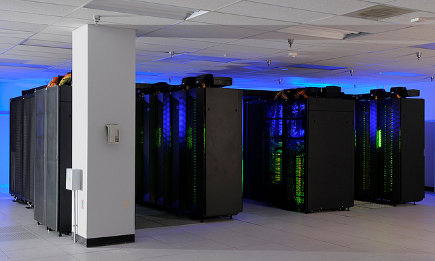Europe’s Big Data Economy

BIG will play a crucial role in providing a suitable action plan to address the challenges Big Data might find on its path. By working together, scientists, policy makers and people from leading industries will all benefit from the increasing possibilities of processing large volumes of data.
This data can come from online enquiries in election time, from sensors that collect data on traffic or weather, from supermarkets that monitor consumer behavior, or genomic data. The integration, analysis and use of these data may lead to innovative new products and services. For example governments can use this data to come closer to citizens, a supermarket can change its assortment to the preferences of its customers. Big Data could also be used to re-route traffic in bad weather conditions to minimalize accidents.
Enable unmanageable data
The BIG consortium consists at present of 11 research centers, institutions ,companies and NGO’s from six European countries: Atos, Press Association, Siemens, AGT Group, Uni Innsbruck, National University of Ireland in Galway, University of Leipzig, DFKI, Exalead, Open Knowledge Foundation and STI International.
However, BIG is an open project, as one of its objectives is to build a self-sustaining community around Big Data in Europe, which is interested in engaging in their forums and working groups manuy other communities of experts and initiatives outside the project. Josema Cavanillas from project coordinator Atos stresses its open character.“Big Data is a project which results are relevant to companies and public and private organizations from all sectors.”
“One of its main objectives is to help develop a culture of openness in the access and use of large volumes of data, so as to generate new business opportunities through the use of a free flow of information that would otherwise be unmanageable.”
Meest Gelezen
Vrouwen houden universiteit draaiende, maar krijgen daarvoor geen waardering
Hbo-docent wil wel rolmodel zijn, maar niet eigen moreel kompas opdringen
Wederom intimidatie van journalisten door universiteit, nu in Delft
‘Waarom het nu niet lukt om medezeggenschap in hbo te versterken’
‘Sluijsmans et al. slaan de plank volledig mis’

